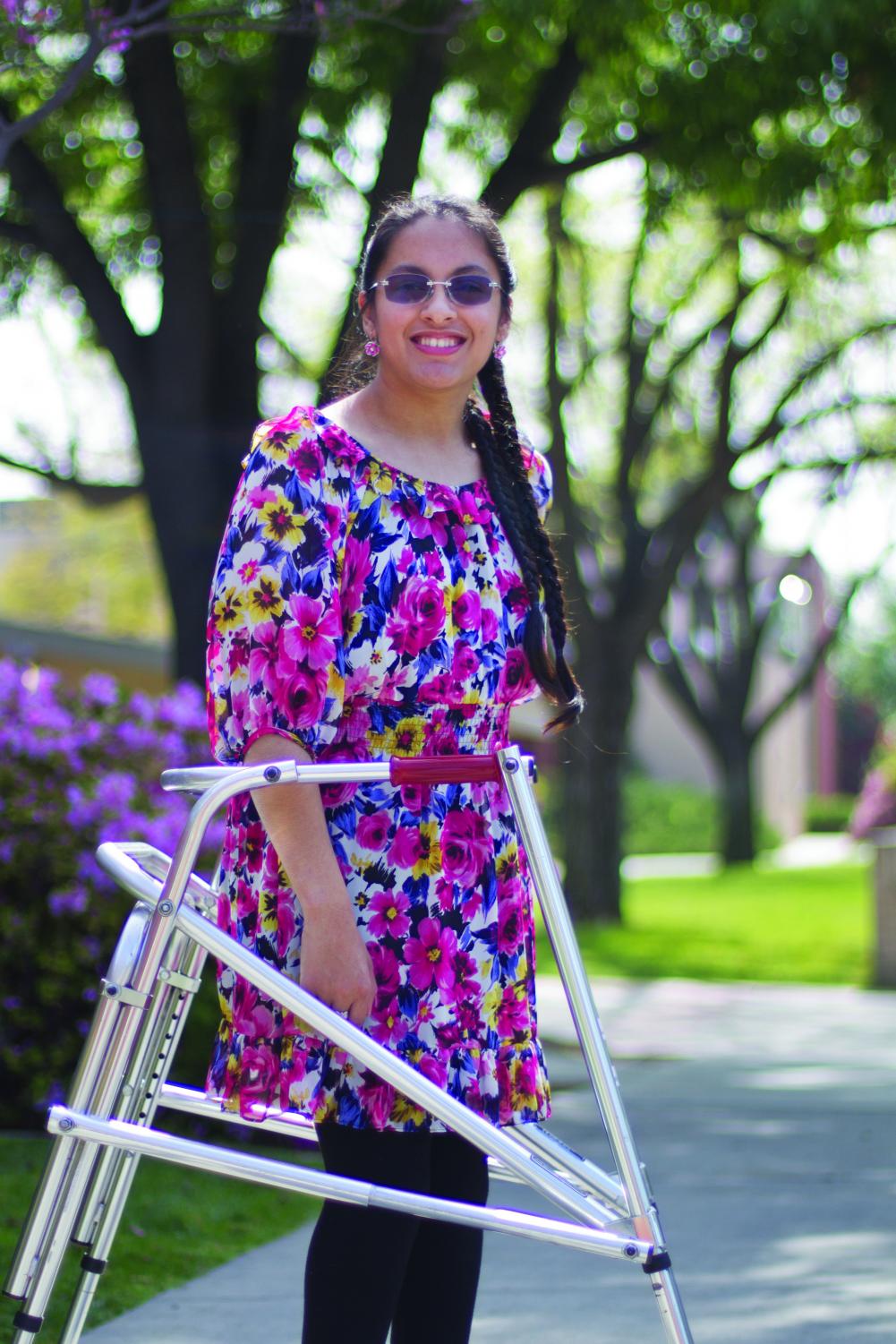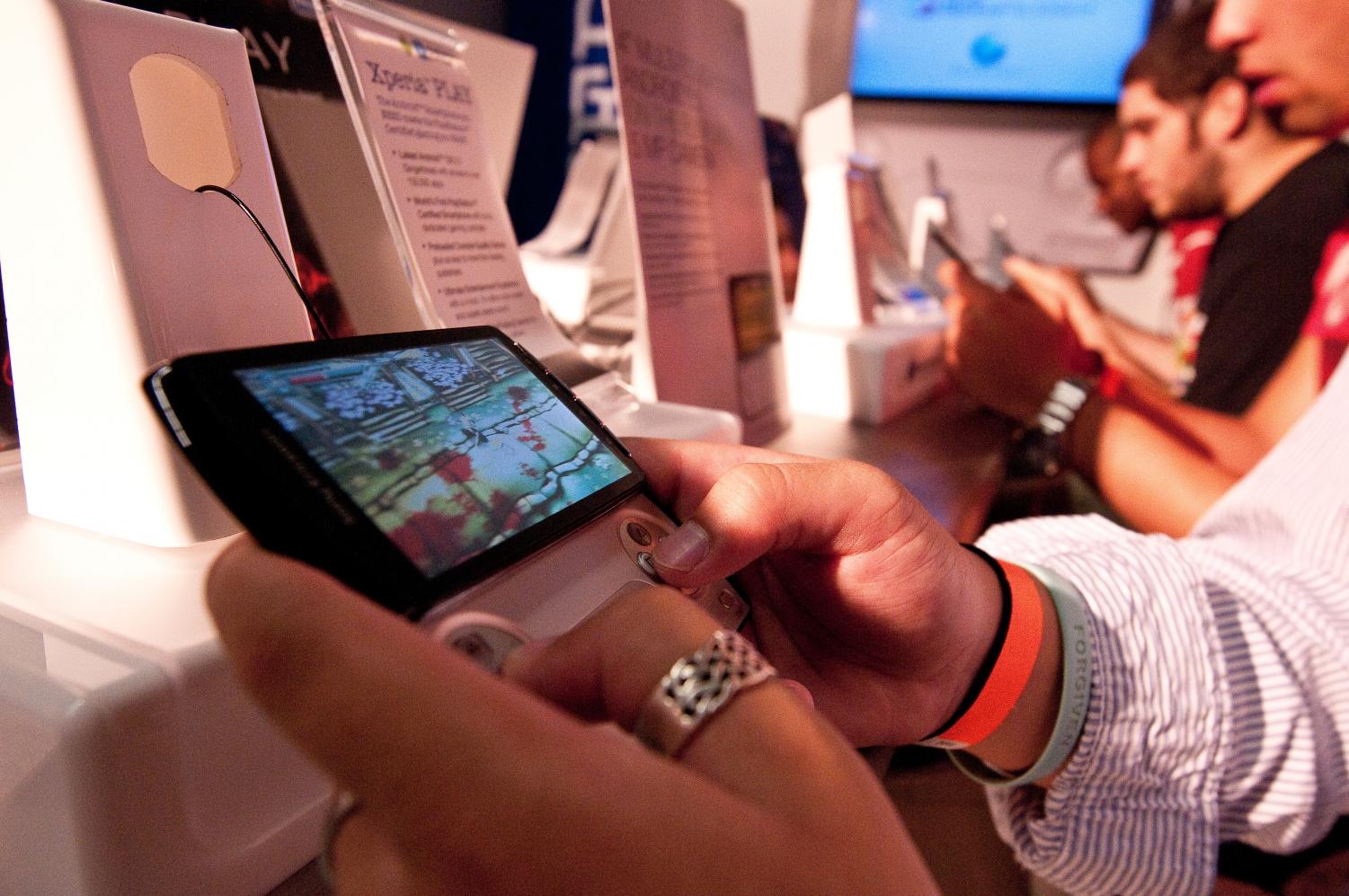Photography by Jaicee Almond
Written by Cassandra Acosta
Five years ago, Joe Gonzalez was busy focusing on his sophomore year of high school and enjoying the life of a teenage boy. Though his aunt had been sick with cancer for quite a few months, he had great hope that she would make a full recovery; not knowing that only months later, she would go home to the Lord.
“My aunt was more of a mother to me than an aunt. She went to every baseball game and every kind of celebration. As she began to get sick, I sat by her bedside every single day, reminiscing on good times and exploring the future. Then one day, she was just gone. I still don’t understand why God couldn’t spare her. He could have at least prepared me for her death,” Gonzalez says.
A year ago, Grace Leathers did not have the slightest inclination that her longtime friend would take his own life and leave his family and friends in a state of pure disbelief. Her junior year of college shifted from the stress of academics to the stress of dealing with a whirlwind of different emotions.
“There has not been a single day where I haven’t thought about Andrew. I think the hardest part is not having any kind of explanation. I don’t know that I’ll ever understand why he did what he did; why he felt he had no other option than to take his own life. He had a group of friends that loved him and a family that cherished him deeply,” Leathers reflects.
Neither of these people thought that their loved ones would be taken from them so abruptly, causing such confusion, trauma and hardship.
Grieving is a Process
Wouldn’t it be nice if there were a book to tell you how to get over death? A book that told you how to feel and when to feel it? Dealing with death is different for everyone. Grieving is a process that is based solely on the individual experiencing it. It stretches beyond a science and moves down to the core of who a person is and how they handle trauma.
People often think that their pain will eventually fade away. While the pain does fade and gradually begin to lessen, it will never be completely gone. As Grace and Joe described, the pain of losing a loved one to death is something that never necessarily disappears; it is a pain that will always be present, but a pain that nevertheless can be dealt with in a healthy way. One of the greatest challenges in life is learning how to deal with the grief that follows a person’s death, whether it is an acquaintance, friend or relative. The good news? In time, you will recover.
We all have our individual experiences when faced with death, but while that is true, there is something comforting about knowing that everyone goes through similar emotions — emotions that may look different from person to person and emotions that may shift at their own pace — but emotions all the same. These are the emotions that color the time of absence immediately following a loss. The most important thing to remember is that these emotions you are feeling are normal; they are a part of your individual healing process and will move along at your own pace.
The Emotions Following Loss
Denial helps us take the time to pace our feelings of grief. It is a way of letting in only as much emotion as we can handle at that point in time. Thoughts of denial are what allow us to start asking questions, unknowingly beginning our process of healing. Though denial is helpful in this way, the feelings we once denied will begin to come to the surface over time.
Anger is a vital part emotion during our phase of healing. We have to be willing to feel anger, even though it sometimes seem as if there is no end in sight. The more we are able to feel it, the faster it will fade. The anger that we feel is only at the surface; what lies beneath it is our pain. After losing a loved one, it is completely natural to feel abandoned in some way, but we live in a society that looks at anger as weakness. Anger is strength and can give structure to the nothingness of loss. Our anger becomes a bridge to our loved one and gives us something to hold onto as we continue to heal.
Before a loss, it seems like you will do anything if only your loved one would be spared. “Please God, ” you might find yourself bargaining. After a loss, bargaining may take the form of a temporary promise. “What if I devote the rest of my life to helping others? Then can I wake up and realize this has all been a bad dream?” We become lost in a maze of “If only…” or “What if…” statements. We want life returned to what is was before we lost our loved one; we remain stuck in the past.
One of the major emotions that most people feel when dealing with grief is depression. Empty feelings present themselves, and grief enters our lives on a deeper level. Often with depression comes the negative connotation that one who is depressed suffers from some kind of mental illness. In reality, it is an extremely appropriate response to a great loss. Depression after a loss is too often seen as unnatural: a state to be fixed, something to snap out of. To not experience depression after a loved one dies would be unusual. If grief is a process of healing, then depression is one of the many necessary steps along the way.
Acceptance is often confused with the notion of being “all right” or “OK” with what has happened. Truth is, most people don’t ever feel OK or all right about the loss of a loved one. We can never replace who has been lost; but we can make new connections and establish new meaningful relationships.
Living in the Present
Instead of denying our feelings, we can listen to our needs: We move, we change, we grow, we evolve.
We can start to reach out to others and become involved in their lives. We can invest in our friendships and in our relationship with ourselves. We can begin to live again, but we cannot do so until we allow grief to take its cycle.
Losing the ones we love most is an inescapable fact of life. What can be learned from this is that we must cherish them; cherish them deeply and without reservation.Their loss will leave a great pit in our hearts. But like a flower opening after a storm, we can slowly begin to remember the ones we have lost in a different way.
“There came a point when I realized that my aunt didn’t have to suffer anymore,” Joe remembers. “It didn’t make it OK that she had passed, but it helped bring me peace.”
It has been nearly five years now since Joe lost his aunt to cancer. Since her death, Joe has sought to do everything to make his aunt proud. He has held onto core values that she taught him throughout his life and says he is now able to hold deeper connections with people. Joe remembers sitting in his aunt’s room on weeknights and weekends watching the Dodgers play. Some of his fondest memories of her revolve around their shared passion for baseball, a passion that he still holds today.
Grace says living life in the present is simple: trust in Christ. That is not to say that the healing process has been anything but difficult for her, but rather that despite her pain, she knows that her hope can only be found in her Savior. She knows that God has a reason for taking her dear friend; she knows that Andrew’s pain is no more; she knows that some days are going to be worse than others; but most importantly, she knows that while she may not be OK now, in due time she will find her peace.
“After Andrew died, I spent a lot of time thinking and being upset with God because I could not understand,” Grace says. “But then I realized that I’m not always going to have the answers, so I decided that I had to let God bring me to peace on his own terms.”
We will still cry over the loss of loved ones. We will always cry. But we can do so with loving reflection more than hopeless longing. And that is how we survive. It is how our loved one would want it to be. Grief is neither an illness nor a mental condition, but rather a personal and understandable response to life-changing events, a natural process that can lead to healing and personal growth. The transition through this difficult time is the courageous journey; the journey from shades of black to a spectrum of color as we begin to again find hope for our futures.





